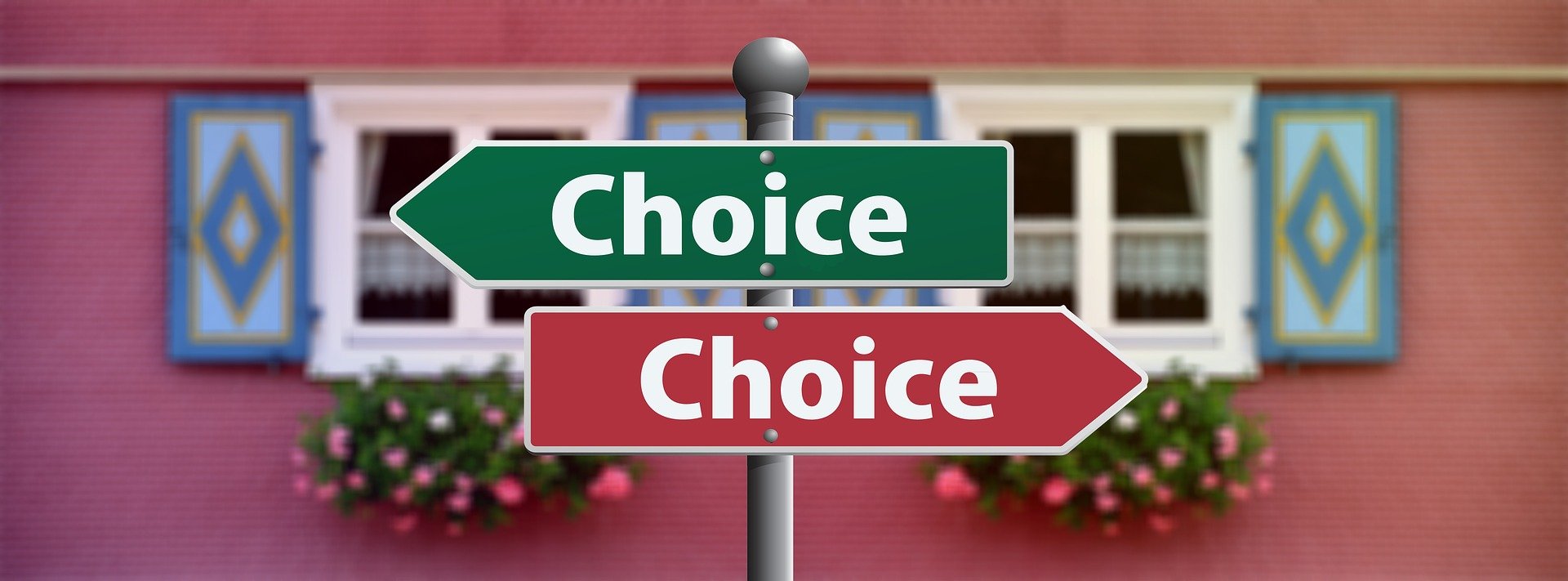
Sustainable in small steps – start here
“Yes, I know I should do more, but I don’t know where to start“. Whenever one knows I work on sustainability, this question comes over and over.
Climate sustainability, social responsibility, human rights, women rights, support local shops… that is really too many things, it is easy to get confused and we do get lost.


The indications of “what we should do” that I see in the media or in “green communications” are often too complex or too naive. Either we should all be a “climate hero” going “zero” on anything at once, we are given suggestions that are just soothing our wish to engage but have really little impact – from “pray” to “use a bamboo straw”.
Sometimes I wonder how much and how fast we humans lost connection with the fact that we are guests on a planet and we share that with a variety of ecosystems. We cannot see anymore how these are fragile and interconnected, and we cannot recognise “nature” in us. This is weird and dangerous.
Yes, we do have to think and feel each step we take on this planet. What else? How can we live otherwise, if we live in here? But I strongly believe it is easier than we think. It is first of all a value-based decision, where our priorities shift and we actively decide how to live.
Get sustainable one (relevant) action at the time.
Following is a list of actions we can pick from, with sources at the bottom where you can get more inspiration.
Little by little, I will expand the list and give proper suggestions on each action in single posts… In the meantime, this “repository” is the place where to get inspired for the next move. At the moment, in mixed order but more relevant than “use a bamboo straw instead of a plastic one” (here you might find rather “drink from a glass”)
- Think that you are an animal – even when you are well dressed.
Probably the most powerful actions that allowed me to think anything I do from another more natural and connected point of view, and change a lot of my priorities. - Turn good intentions into good habits – yes, we can do it.
Recipe: visualisation of the future to be, patience, a bit of will-power, a lot of nudging* and good friends to get motivation.
* helping yourself reaching your goals making the habit you want to have easier than the alternatives. For example, having only fruit and veggies at home and hiding what you cannot eat when on a diet. - Make long-term choices – bet against short-terminism!
Buying better quality clothes, repairable objects and refillable containers, investing, banning disposable mindset and creating stable human connections allows us to improve step by step without much effort, and live a better quality life. - Vote to change the world for the best – who will decide for me?
We often underestimate the power of a group. Checking the human value of candidates, their trustworthiness and their political programs can truly change the world. If that is too complex, I am sure there is a friend you trust that would be able to support you in finding what fits you and the environment. - Have less kids – or have plenty but adopt them all 🙂
Yes, particularly if you are in a developed country, where the pro-capita footprint is many fold that of a developing country. It is clearly a hot topic, as it hits a very private and emotional sphere, human rights and animal instincts. But it is as it is, less is more, and many kids are out there without love and shelter. - Consume less things – do we really need all this stuff?
Before buying anything, borrow it, repair what you have, reuse things in a creative way. Connect with people, create and enjoy what you have. It is proven to be source of happiness 🙂 - Consume less energy – do we really need all these lights on? Do we really need all these gadgets? Do we really need to warm up that slice of bread in the oven? Do we really need the car to go shopping or a nice bike ride would work well? Do we really need to see each spot on the Earth?
Which means also: maintain the things you have, so that they are more efficient and last longer, and substitute devices that are definitely too old. - Buy carefully* – how can 1 kg of meat cost only 1 €? How can a 1000 km flight cost 10 €? how can diesel cost less than milk?
The market follows your choices and it is your “greedy slave”. We can shape it more than you think. Ask yourself questions, from “do I need that?” to “what is the best alternative to create the world I would like to see?“.
Said that, if we buy less, reduce online shopping, reduce packaging, reduce animal products, opt for local and organic alternatives, buy second hand and follow our values to select among alternatives, it is difficult to do much wrong.
*Considering the ridiculous amount of alternatives we have, the word “carefully” would require an entire book on its own. We will expand more in small steps, to support our evaluation case by case. - Switch to a green energy provider – where does my energy come from?
This is a super easy and very impactful action that allows your electricity and gas consumption at home to come from renewable energy sources! It supports the market to transform to green jobs and oftentimes it is cheaper for you as well! - Switch to an ethical and sustainable bank – what am I paying for?
You can see a list in the website of the Global Alliance for Banking on Values, or dig deep in the websites of banks that might not be in this list. Ask them questions about their investments – and select those that use your money to create the world you like. - Move and share – can I substitute communing with gym?
Biking, walking, public transport and carsharing are all good alternatives to driving a car on your own or flying somewhere. Sometimes, you can even exercise your body or get to know people in the meantime – or avoid them with a full immersion in a book. - Offsets the emissions you cannot avoid – a.k.a. sooth your conscience while you become zero emissions 😉
Paying a little money (eurocents) for each kg of CO2 we emit, we support cool projects and growing trees and in the meantime we learn “how much do we contribute to climate change” and weight different options.
Yes, sure – I am not saying “do anything you want and pay for it” (despite, well, it could work too somehow). What am I saying is: while we strive to find our way, we help build a better future. - Bother who can change until they change – would you please?
Ask your landlord to add a meter to pay what the energy you consume. Ask your butcher where does the meat come from. Ask your energy provider why they don’t invest in renewable. Ask the mayor to put drinking water fountains. Ask not to get paper advertisements. Ask your city to share public land to grow food. Ask your grocery shop to stop wrapping veggies. Ask your boss to align dress code and external temperature. Ask the waiter not to bring your a straw with your drink. - Cook more – a.k.a. ode to the lunch box 🙂
“We are what we eat” …and we can eat what we cook! You can use the ingredients you want, choose the perfect spices for you, share with friends when you cooked too much, discover simple and complex preparations, be healthier, save time, money and resources. Did you already grabbed a pan?
Having always food ready is faster and funnier than you think, you will read more in the “cooking” section of this blog 🙂 - Eat less animal products – do you know all the types of beans?
It is like burning in a fire an A4sheet of paper. The amount of water and land used to produce for vegetable and beans is so much lower per unit of protein compared to animal products! Comparable only to how much more variety of taste you can get going vegetarian.
Start from eating animals fewer times per week, buying them where they grow them with care and enjoy eating also less used parts (such as intestines). - Go to the farmers market – oh, is this how a tomato tastes like?
You will discover amazing tastes, new veggies, new recipes and save a lot of money. - Drink from the tap – “how long have been the water bottled in there?
You will get less physical exercise carrying bottles around, but also produce less plastic/glass waste, save money and drink better water. Tap water gets controlled a lot more than bottled one and it didn’t travel other than pipes to reach you.


This list will grow and change with time and patience.
I would be happy to hear from you where you started from, what do you experiences and where do you wish me to support you know more 🙂
Enjoy co-creating a better world!
Ciao,
Miriam
Sources:
. Ethical Consumer – https://www.ethicalconsumer.org/
. Global Alliance for Banking on Values – https://www.gabv.org/
. Project Drawdown – https://drawdown.org/
. Randers Jørgen (2012) “2052: A Global Forecast for the Next Forty Years“. Chelsea Green Publishing
. Randers Jørgen (2014) “We won’t be nine billion: Jørgen Randers at TEDxMaastricht” https://www.youtube.com/watch?v=73X8R9NrX3w
. Wiseman John et al. (2013) “Post Carbon Pathways”, University of Melbourne. Available at: DOI: 10.1016/j.eist.2013.04.001
